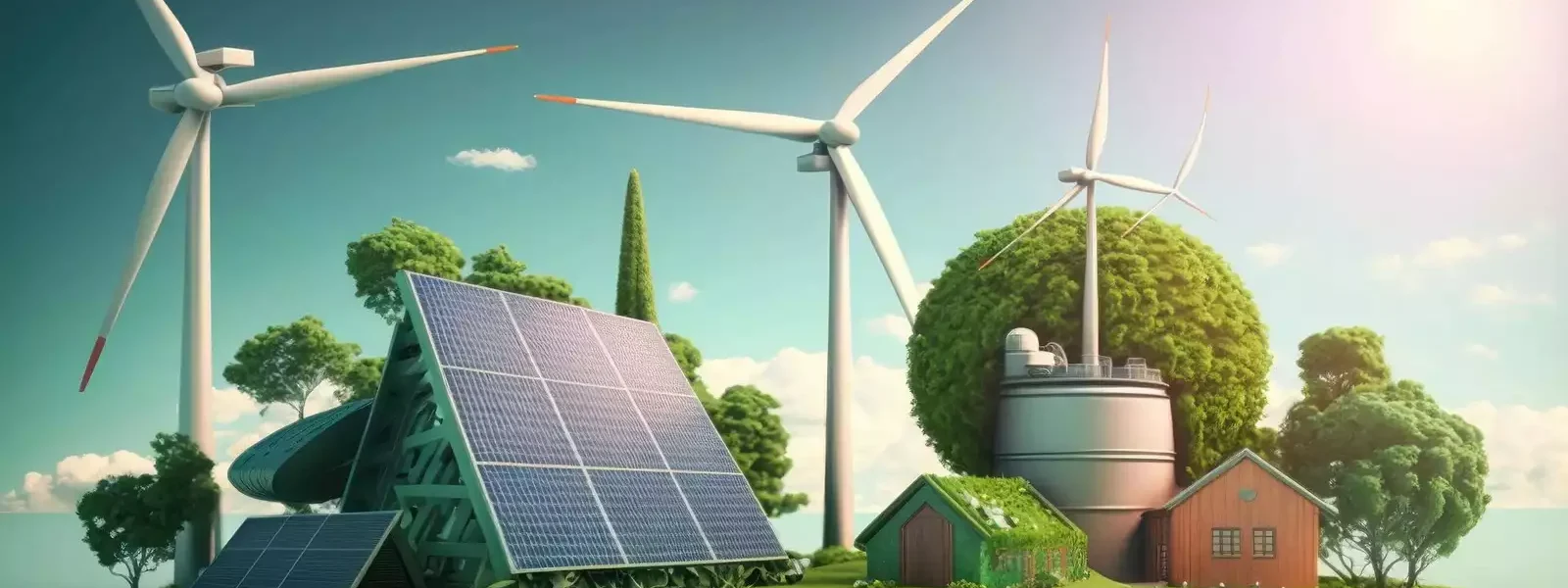The urgency of addressing climate change has prompted a global push for renewable energy, with nations, corporations, and individuals increasingly recognizing the need to transition from fossil fuels to cleaner, more sustainable energy sources. As concerns about environmental degradation, rising greenhouse gas emissions, and energy security grow, renewable energy is central to global energy policies and the pursuit of a sustainable future. Several trends shape this movement, driving the shift toward a cleaner, greener energy landscape.
The Accelerating Growth of Renewable Energy Sources
Over the past decade, renewable energy has experienced significant growth, particularly in the solar, wind, and hydropower sectors. According to the International Energy Agency (IEA), renewable power generation accounted for nearly 90% of the global power capacity increase in 2023, with solar power leading the charge. Solar energy’s rapid expansion is mainly due to falling costs for solar panels and improved technology, making it an increasingly viable option for countries worldwide.
Wind energy, both onshore and offshore, is another crucial player in the renewable energy transition. Offshore wind farms, in particular, have seen dramatic increases in investment as countries with vast coastlines, such as the United Kingdom, Germany, and China, seek to harness the power of the ocean. Technological advances in turbine efficiency and grid integration further support this, making wind energy more reliable and cost-competitive.
Hydropower contributes to global renewable energy production, generating large-scale, consistent energy. Although new large-scale projects face environmental and social challenges, small-scale hydropower is gaining attention as a less invasive option for rural and developing areas.
Innovations in Energy Storage and Grid Infrastructure
One of the primary challenges for renewable energy sources like solar and wind is their intermittent nature. Solar power, for example, can only be generated during the day, while wind energy is subject to fluctuations in wind speed. To address this, significant advances are being made in energy storage technologies, which allow excess renewable energy to be stored and used during times of low generation or high demand.
Battery storage is at the forefront of this revolution, with companies developing increasingly efficient and affordable solutions. The rise of lithium-ion batteries has led to significant improvements in energy storage, allowing for greater flexibility in power grids. Innovations in other forms of storage, such as pumped hydro storage, compressed air energy storage, and thermal storage, are also being explored to meet the growing demand for reliable renewable energy.
Countries are investing heavily in upgrading their grid infrastructure to complement energy storage. Modernizing the electrical grid with innovative technologies enables better integration of renewable energy sources, improving efficiency and resilience. This trend towards a smart grid allows for real-time monitoring, automated decision-making, and enhanced responsiveness to energy fluctuations, further optimizing the use of renewable resources.
Policy Support and Global Commitments
Government policy plays a crucial role in accelerating the renewable energy transition. Many countries have set ambitious carbon neutrality goals to drastically reduce or eliminate their dependence on fossil fuels by mid-century. The European Union, China, and the United States are among the most prominent global players committing to reaching net-zero emissions by 2050, and renewable energy will be vital to achieving these targets.
The Paris Agreement 2015, which aimed to limit global temperature rise to well below two °C above pre-industrial levels, has provided the framework for national climate strategies. The focus on renewable energy will intensify as countries prepare for the next round of climate commitments. Subsidies, tax incentives, and carbon pricing mechanisms are being introduced to make renewable energy more financially attractive and reduce reliance on fossil fuels.
The corporate sector contributes to this global push by adopting renewable energy through green investment and committing to sustainability goals. Major companies such as Google, Amazon, and Apple have already achieved carbon neutrality or are on track to do so, further demonstrating the growing role of businesses in promoting renewable energy solutions.
The Role of Communities and Individuals
While national policies and corporate commitments are vital, communities and individuals also have a role to play in the renewable energy transition. The increasing adoption of solar panels for residential homes, the rise of community solar power projects, and the push for electric vehicles (EVs) are examples of how local actions contribute to the global renewable energy shift.
In developing regions, off-grid renewable energy solutions transform energy access, such as solar mini-grids and wind turbines. These solutions are environmentally friendly and empower communities by providing reliable and affordable electricity, driving social and economic development.
The Path Ahead: Challenges and Opportunities
While the progress toward renewable energy is encouraging, challenges remain. Energy transition costs, further technological advancements, and the political and social complexities of phasing out fossil fuels will require careful planning and global cooperation.
However, the opportunities are vast. A world powered by renewable energy promises reduced environmental impacts, improved public health, and economic benefits such as job creation in green industries. By harnessing the power of the sun, wind, and water, humanity has the potential to create a more sustainable, equitable future.
Conclusion
The global push for renewable energy is gaining momentum as countries, businesses, and individuals recognize the urgent need to combat climate change. With technological advances, supportive policies, and growing investment, renewable energy is poised to dominate in shaping a sustainable future. As we transition to a clean energy economy, the promise of a healthier planet and a more equitable world remains within reach, driven by the power of renewable energy.





